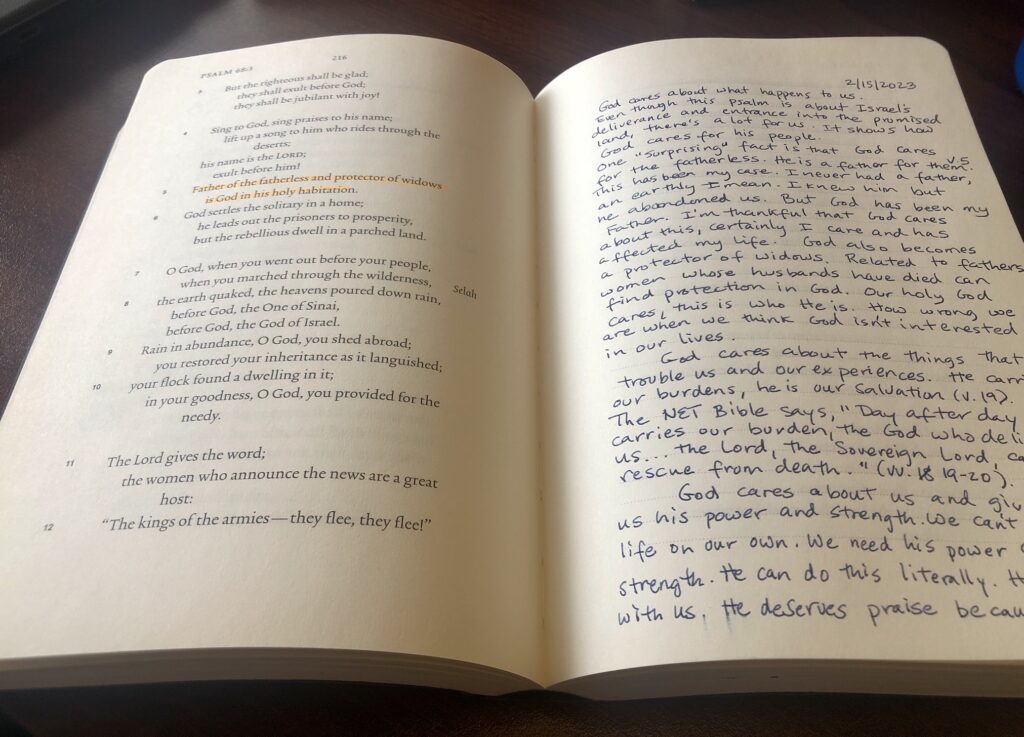En este capítulo podemos ver que el trabajo del misionero tiene los elementos que mencionamos anteriormente, al igual que otros que los complementan. Hay seis elementos que podemos identificar en este pasaje que aplican a nosotros como misioneros. Hoy miraremos los últimos tres.

Search/Buscar
Versículo de la Biblia
Bienaventurado el hombre que teme a Jehová y en sus mandamientos se deleita en gran manera. Internet Archive – bookmarks for: despond
Internet Archive – bookmarks for: despondCategories/Categorías
1 Corintios 1 Pedro 1 Tesalonicenses 1 Thessalonians 5 Acts advenimiento Apostle Paul book of Acts books church crecimiento espiritual Diez Mandamientos discipulos Encontrando a Dios En Hechos Filipenses grace community church grace community church tyler grace español Hechos Hispanic Culture Hispanics Iglesia iglesia multiétnica Jesucristo Jesús la oración La Palabra La Palabra de Dios Obediencia Obediencia a La Palabra Oración Pablo Pastor Persecución prayer proverbios sabiduría sabiduría de Dios salmo 119 Salmos Salvación spanish Spanish language UncategorizedDespond's bookshelf: currently-reading




 by Eric GeigerI am enjoying this book and agreeing with it (like "yes!", "write on"...laughing that Jesus wouldn't get hired because he was single...silly but prob would be true). There are some parts that uses particular language to describe leadersh...tagged: currently-reading
by Eric GeigerI am enjoying this book and agreeing with it (like "yes!", "write on"...laughing that Jesus wouldn't get hired because he was single...silly but prob would be true). There are some parts that uses particular language to describe leadersh...tagged: currently-reading



 tagged: currently-reading
tagged: currently-reading



 tagged: currently-reading
tagged: currently-reading



 tagged: currently-reading
tagged: currently-reading

-
Material is copyright by eigaldamez. Permission is given to re-post or reproduce without editing the content.
Disclaimer:
The contents of all personal web pages and blogs published are solely my responsibility.
Statements made and opinions expressed on personal pages are strictly those of the author and not of any organization, church, or school. Archives/Archivos
- 16,164









